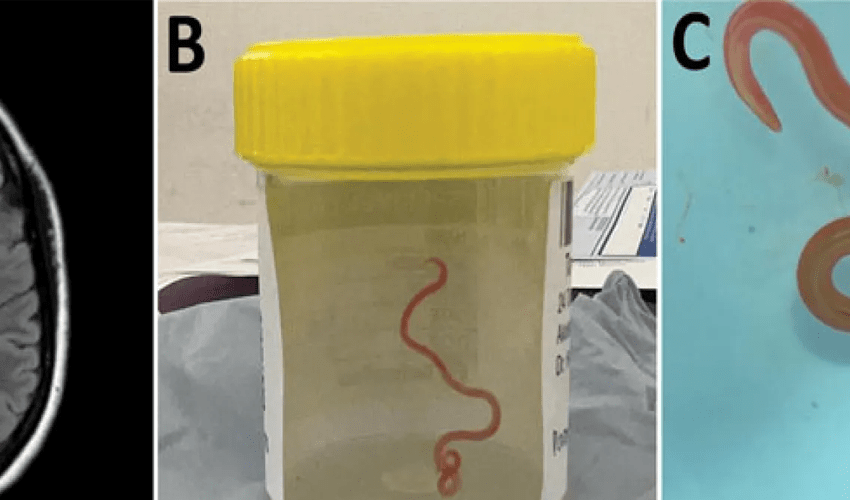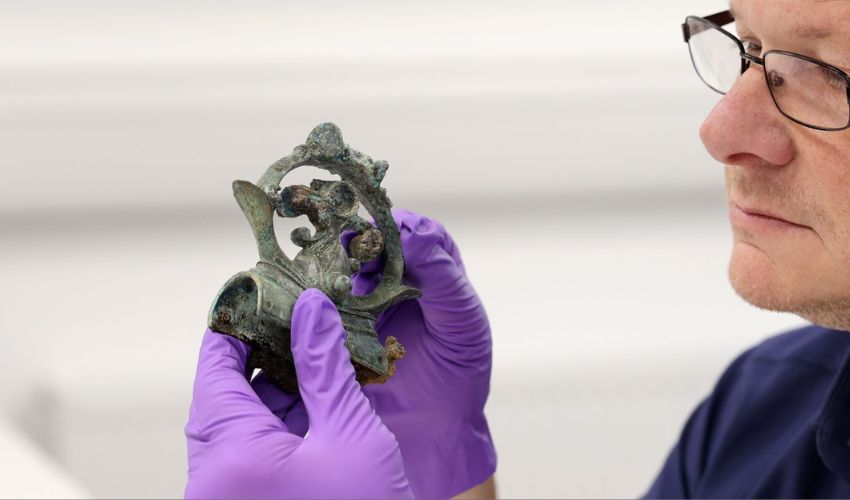In a medical revelation that has left the world in awe, Australian doctors have successfully removed a live parasitic roundworm from a woman’s brain.
This astonishing discovery marks the first-ever documented case of a human being infected by Ophidascaris robertsi, a parasitic roundworm typically found in snakes.
The 64-year-old Australian woman had been experiencing memory lapses, prompting concerned doctors to conduct an MRI scan. To their astonishment, the scan revealed an “atypical lesion” at the front of her brain. Upon closer examination, it became apparent that an eight-centimeter (three-inch) roundworm had taken residence in her brain.
Ophidascaris robertsi is a parasite commonly found in kangaroos and carpet pythons but had never been documented in humans before. Infectious disease expert Sanjaya Senanayake expressed the rarity of the case, stating, “This is the first-ever human case of Ophidascaris to be described in the world.
To our knowledge, this is also the first case to involve the brain of any mammalian species, human or otherwise.“
Researchers believe the woman contracted the parasite while foraging for edible shrubs near her home, which were likely contaminated with parasitic larvae shed in snake feces. The worm, resembling a “stringlike structure” on brain scans, was conclusively identified through DNA testing.
Senanayake commended the patient’s patience and courage, noting, “It is never easy or desirable to be the first patient in the world for anything.” He also suggested that as Ophidascaris roundworms are known to infect animals in other parts of the world, more cases in humans might be recognized in the coming years.
This groundbreaking discovery, published in the journal Emerging Infectious Diseases, has opened new avenues for research and underscores the remarkable resilience of the human body in facing extraordinary medical challenges.



























